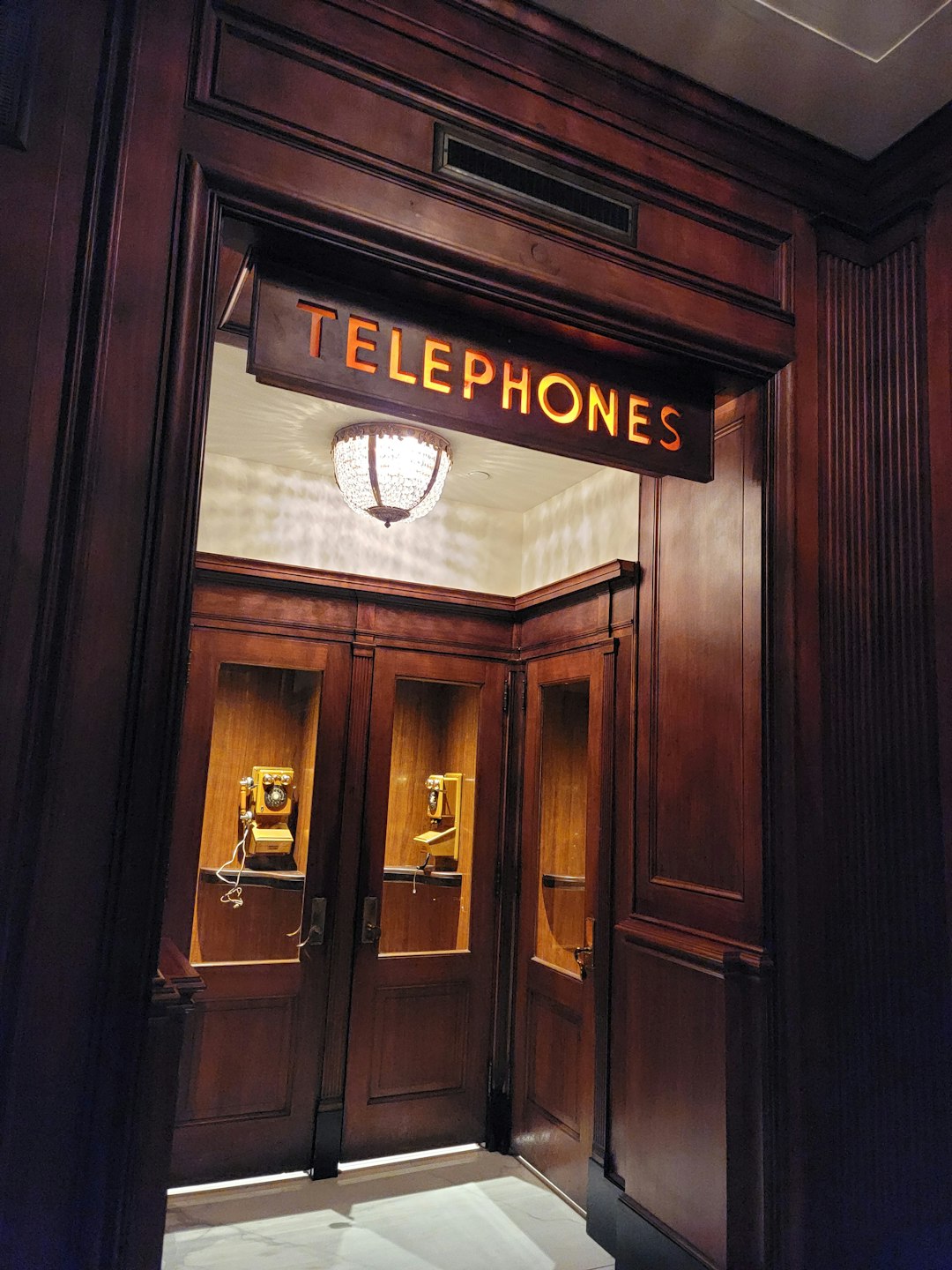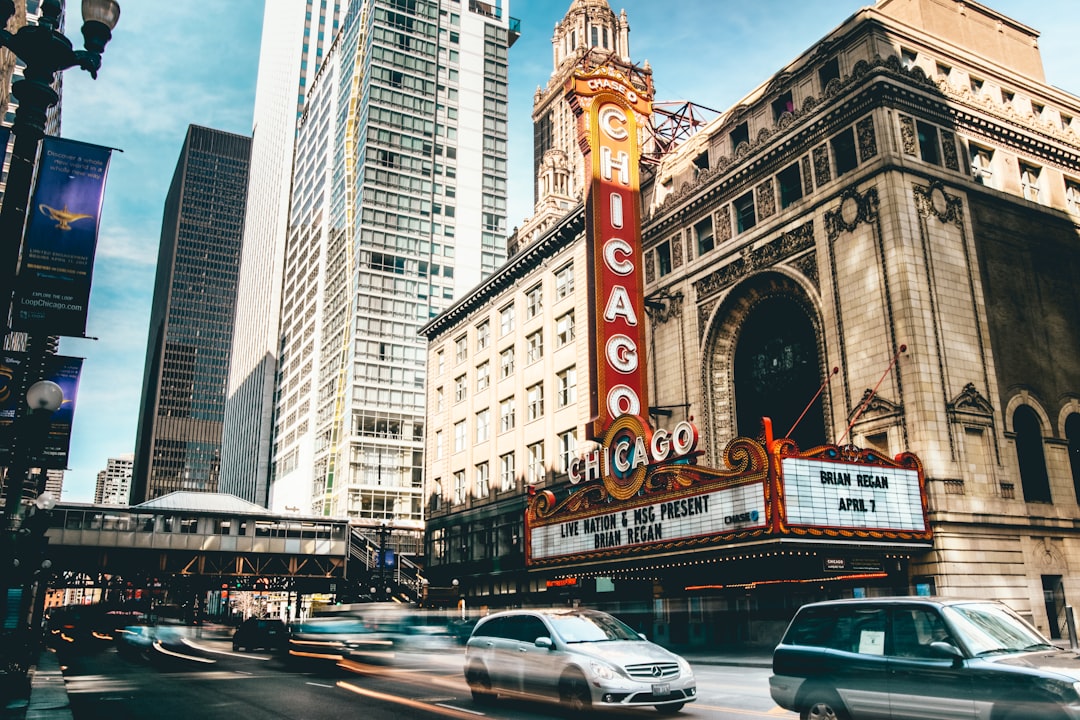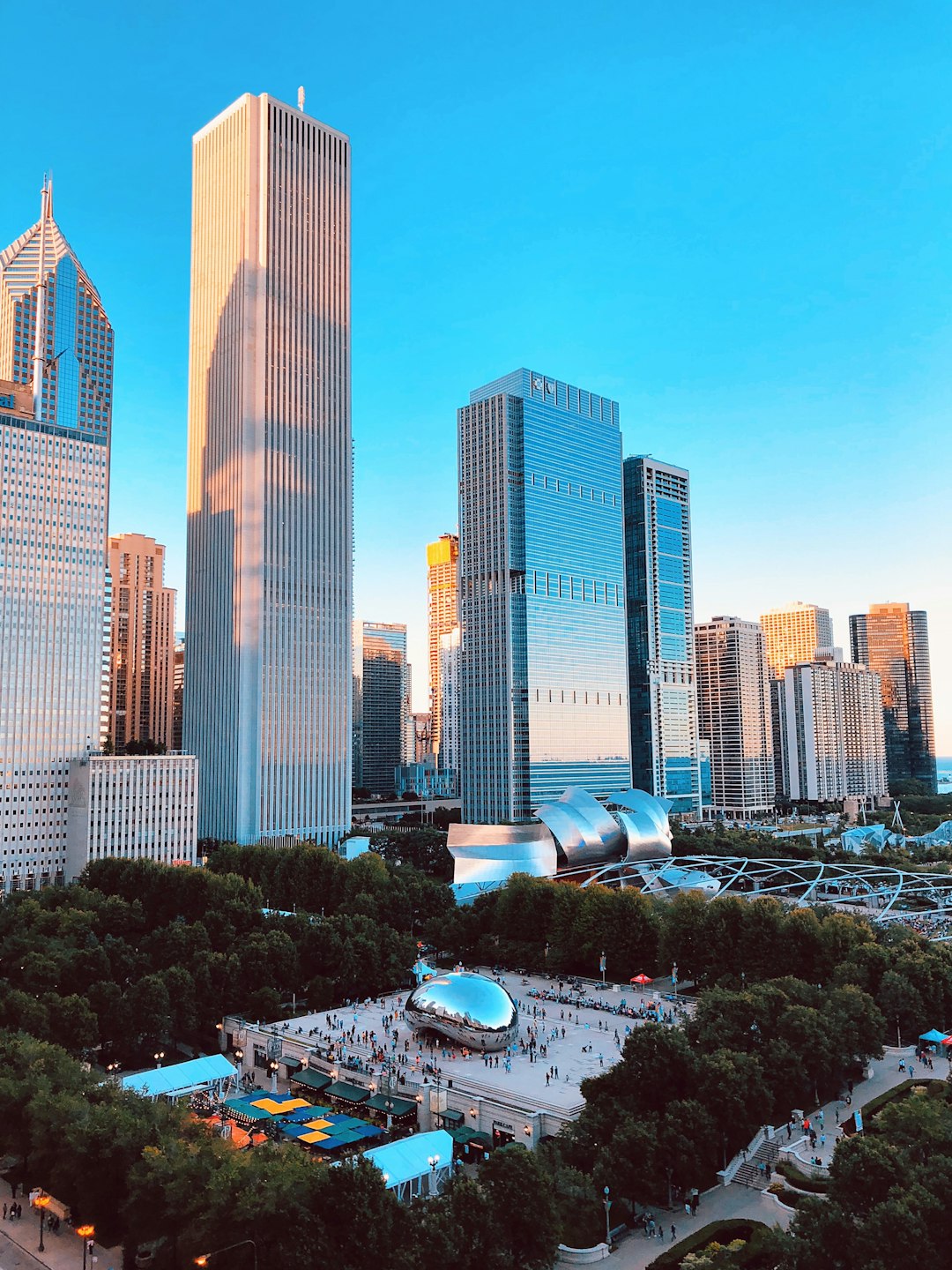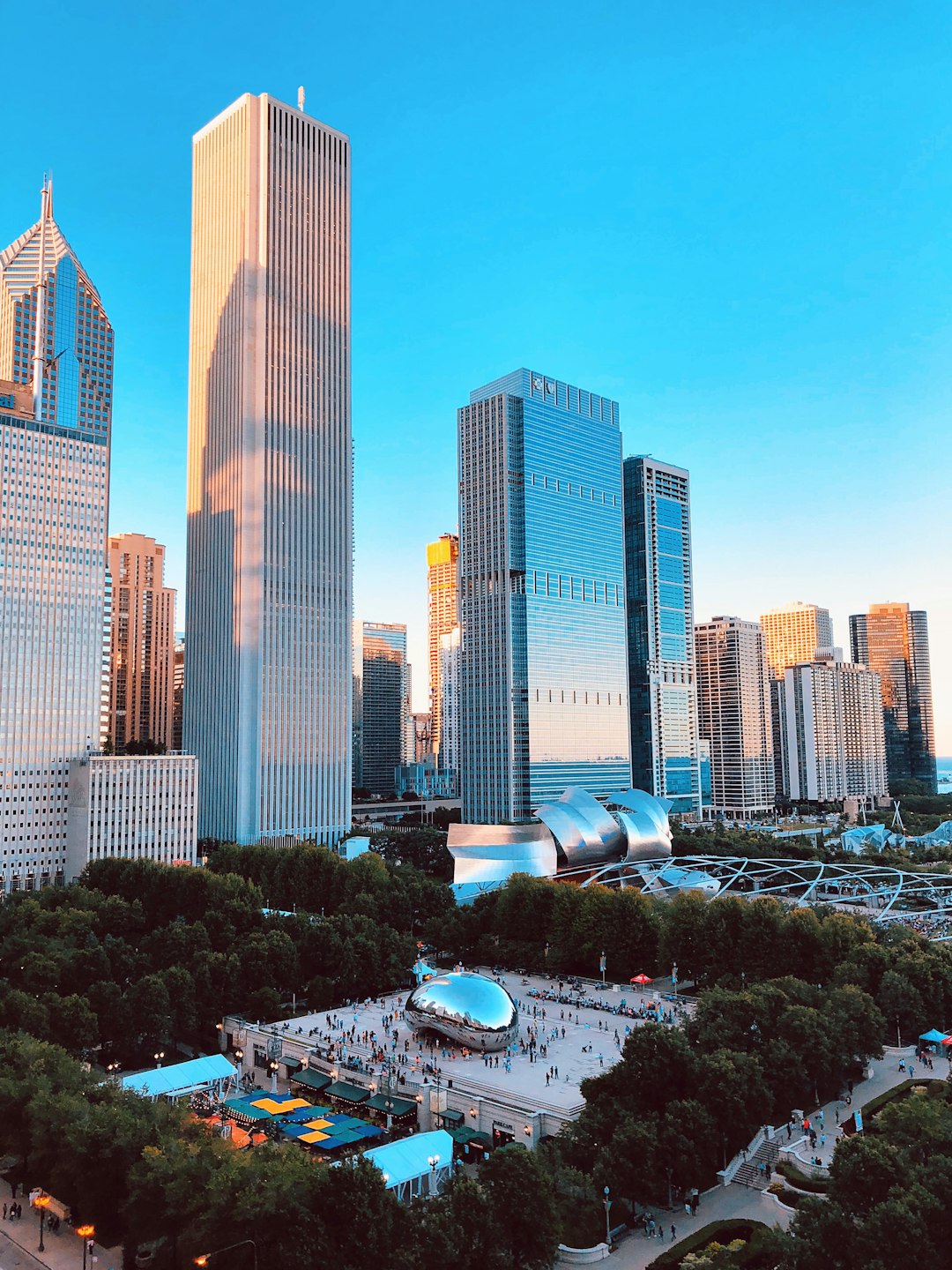Robocalls have become a pervasive issue in Chicago, affecting residents' well-being and leading to legal action through specialized Spam Call law firms. The city responds with stricter regulations, the introduction of the Spam Call Law, and a multi-faceted approach including advanced call blocking tech, citizen reporting, public education, and collaboration with legal experts. This comprehensive strategy aims to protect citizens from nuisance and fraudulent calls, fostering a safer communication environment through a combination of technological, civic, and legal efforts.
Chicago, a bustling metropolis, is no stranger to the ubiquitous problem of robocalls. This article delves into the city’s proactive efforts to combat this modern-day nuisance. We explore ‘Understanding the Problem’ by examining the impact of robocalls on residents. Then, we uncover ‘Chicago’s Legislative Approach’ with an in-depth look at the city’s renowned Spam Call Law. Furthermore, we analyze its effectiveness in protecting citizens and holding call spammers accountable. Finally, we discuss long-term strategies, highlighting Chicago’s comprehensive plan to reduce robocalls beyond legislation.
Understanding the Problem: The Impact of Robocalls on Chicago Residents

Robocalls have become a ubiquitous and often unwanted part of daily life for many Chicago residents, with significant impacts on their well-being and quality of life. These automated calls, primarily used for marketing purposes by businesses and phone companies, are not only intrusive but also contribute to a growing sense of frustration and distrust among the public. The sheer volume of spam calls can be overwhelming, leading to missed important personal and work communications. This issue has prompted Chicago residents to seek solutions, including legal recourse through local law firms specializing in Spam Call laws, which aim to protect consumers from these incessant and often fraudulent calls.
The problem extends beyond individual inconvenience; it has economic and societal implications. Many Chicagoans have reported feeling stressed and anxious due to the constant barrage of calls, leading to increased mental health concerns. Moreover, some residents have fallen victim to scams originating from these calls, resulting in financial losses and a heightened sense of insecurity. This has prompted local authorities and law enforcement agencies to take notice, pushing for stricter regulations and penalties for violators under the Spam Call laws, with Chicago’s legal firms playing a crucial role in this push for change.
Chicago's Legislative Approach: Introducing the Spam Call Law

In an effort to combat the rising issue of robocalls, Chicago has taken a proactive legislative step by introducing the Spam Call Law. This innovative piece of legislation aims to protect residents from unwanted and invasive automated phone calls, often posing as legitimate businesses or entities. The law firm behind this initiative has been vocal about the need for such regulations, given the increasing number of Chicagoans receiving spam calls daily.
The Spam Call Law proposes strict penalties for companies and individuals found guilty of making unsolicited phone calls in violation of privacy laws. By holding perpetrators accountable, the legislation hopes to deter spammers and reduce the frequency of robocalls. This approach demonstrates Chicago’s commitment to addressing a modern-day nuisance that has become an all-too-common frustration for many residents.
How the Law Works: Protecting Citizens and Holding Callers Accountable
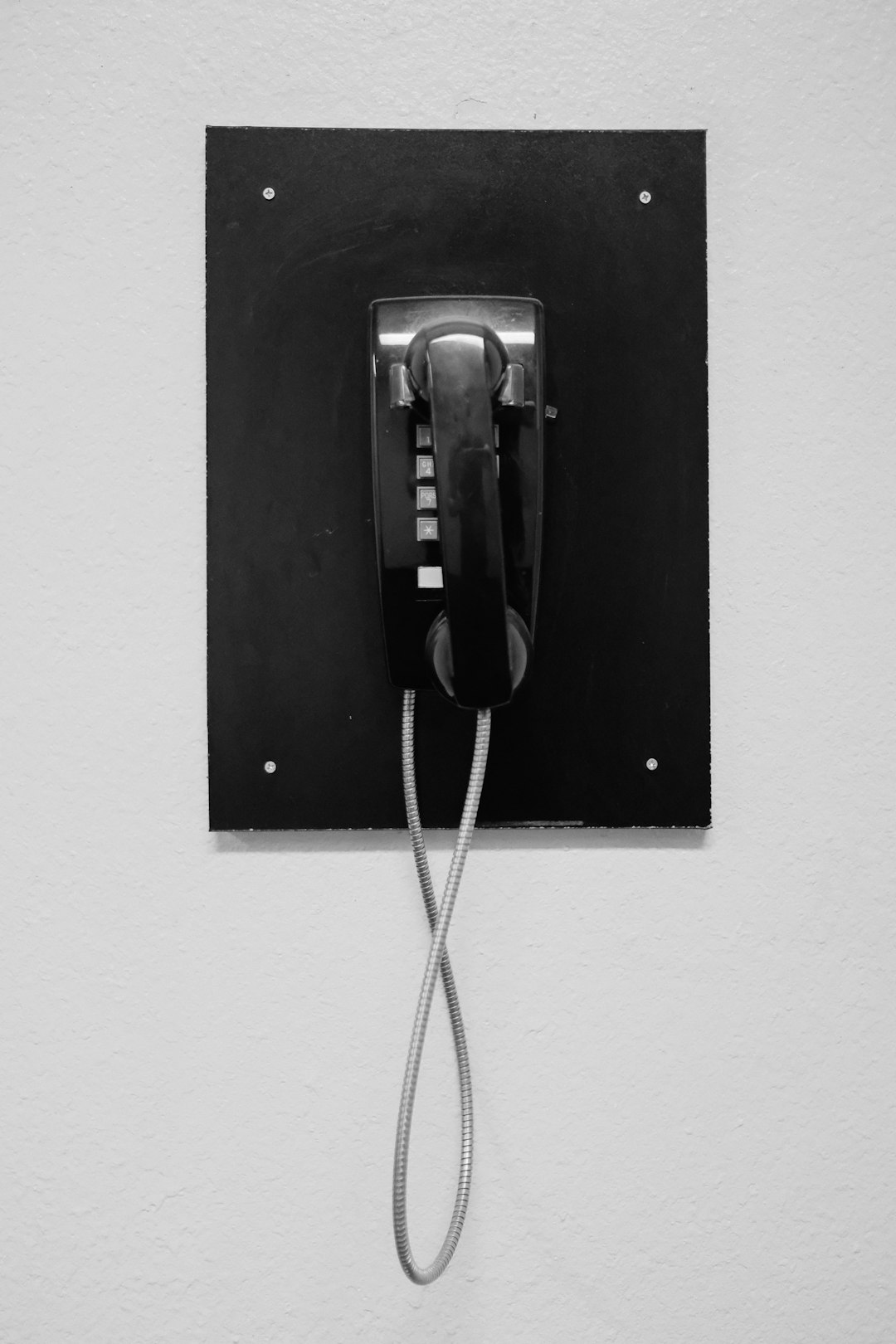
In an effort to combat the nuisance and potential fraud associated with robocalls, Chicago has implemented a stringent Spam Call law aimed at protecting its citizens. This legislation empowers residents by giving them more control over their phone lines and holding call senders accountable for unwanted contact. Under this act, businesses and call centers are strictly regulated in their outreach methods, ensuring that consumers’ consent is obtained before receiving automated or prerecorded messages.
The law firm Chicago residents can take advantage of these new provisions to report and stop persistent robocalls. By registering complaints with the relevant authorities, individuals can contribute to a collective effort to deter spam callers. This proactive approach not only protects citizens from intrusive calls but also serves as a deterrent for potential violators, fostering a safer and less chaotic communication environment.
Long-term Solutions: Beyond Legislation – Chicago's Comprehensive Strategy to Reduce Robocalls
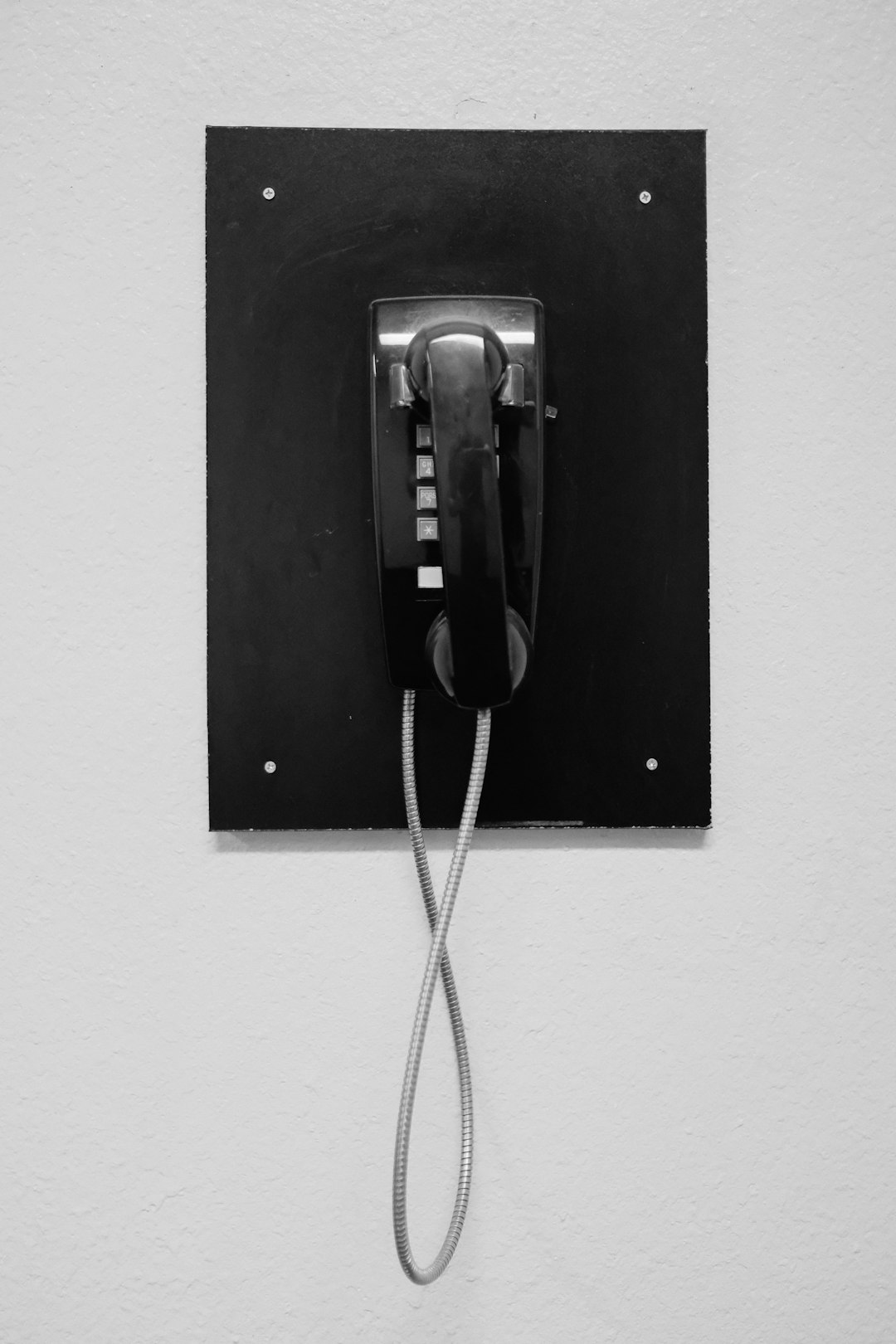
Chicago, recognizing that legislation alone may not be sufficient to combat the surge in robocalls, has adopted a multifaceted strategy to offer long-term solutions. Beyond legal frameworks, the city is leveraging technology and public awareness to create a comprehensive plan. By implementing advanced call blocking technologies, Chicago aims to empower residents with tools to identify and block spam calls effectively. The city also encourages citizens to participate actively by reporting suspicious calls, which helps in training machine learning algorithms to recognize and filter out robocalls more accurately.
Additionally, public education plays a pivotal role. Chicago’s strategy includes awareness campaigns that teach residents how to navigate the increasing complexity of communication methods. By informing people about the latest robocall tactics, citizens can better protect themselves. The city also fosters collaboration with local law firms specializing in Spam Call law, leveraging their expertise to enhance legal protections and ensure compliance among call centers. This holistic approach demonstrates Chicago’s commitment to providing lasting solutions to the growing issue of robocalls, aiming to create a quieter, less disruptive environment for its residents.
